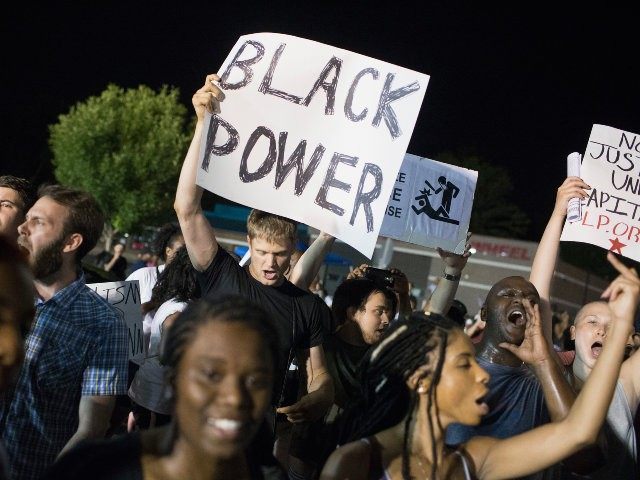According to a new book by Emory historian Dr. Carol Anderson, many of the struggles faced by the African-American community are the result of “white rage.”
The book’s online description argues that “every time African Americans have made advances towards full participation in our democracy, white reaction has fueled a deliberate and relentless rollback of their gains.” The description cites Jim Crow laws and public reactions to Supreme Court’s landmark 1954 Brown v. Board of Education, the Civil Rights Act of 1964, and the Voting Rights Act of 1965 as examples of whites rejecting progress made within the African-American community.
Anderson’s book, which is titled White Rage: The Unspoken Truth of Our Racial Divide, attempts to illustrate how subtle white aggression has played a significant role in shaping the experience of African-Americans.
In a comment to the Emory News Center, Anderson spoke about the ways in which white rage influences policymakers to undercut the advancements of African-Americans: “White rage is subtle as policy makers and a series of courts systematically undercut advancement of African Americans, and in doing so wreak major havoc on American democracy.”
Anderson’s argues that the criminal justice system statistically discriminates against African-Americans. The U.S. Sentencing Commission recently found that prison sentences for African-Americans have been nearly 20% longer than those of whites who have committed similar crimes. Although this is a position that libertarians would sympathize with, most would question Anderson’s assertion that white rage is the catalyst for this discrepancy.
According to Anderson, President Ronald Reagan specifically targeted African-American families by cutting funding to student aid. In a recent piece for Salon, Anderson called Reagan’s attitude towards African-Americans “racism with plausible deniability.”
Anderson’s book was inspired by an op-ed she penned for The Washington Post in 2014 during the height of the Ferguson riots which was titled “Ferguson isn’t about black rage against cops. It’s white rage against progress.”
The column redirected the narrative of the Ferguson riots away from the African-American’s frustration with police brutality and towards the recurring historical theme of white anger preventing African-American progress.
White rage recurs in American history. It exploded after the Civil War, erupted again to undermine the Supreme Court’s Brown v. Board of Education decision and took on its latest incarnation with Barack Obama’s ascent to the White House. For every action of African American advancement, there’s a reaction, a backlash.
Anderson’s book was released on May 31 and is available on Amazon.
“The idea of America is so powerful,” Anderson writes. “It is so strong that you consistently have large numbers who are fighting to reach that goal [of equality]. That’s why white rage has to always morph into something else, because once it’s revealed, its policy antics are no longer tolerated or accepted.”
Tom Ciccotta writes about Free Speech and Intellectual Diversity for Breitbart. You can follow him on Twitter @tciccotta or on Facebook. You can email him at tciccotta@breitbart.com

COMMENTS
Please let us know if you're having issues with commenting.